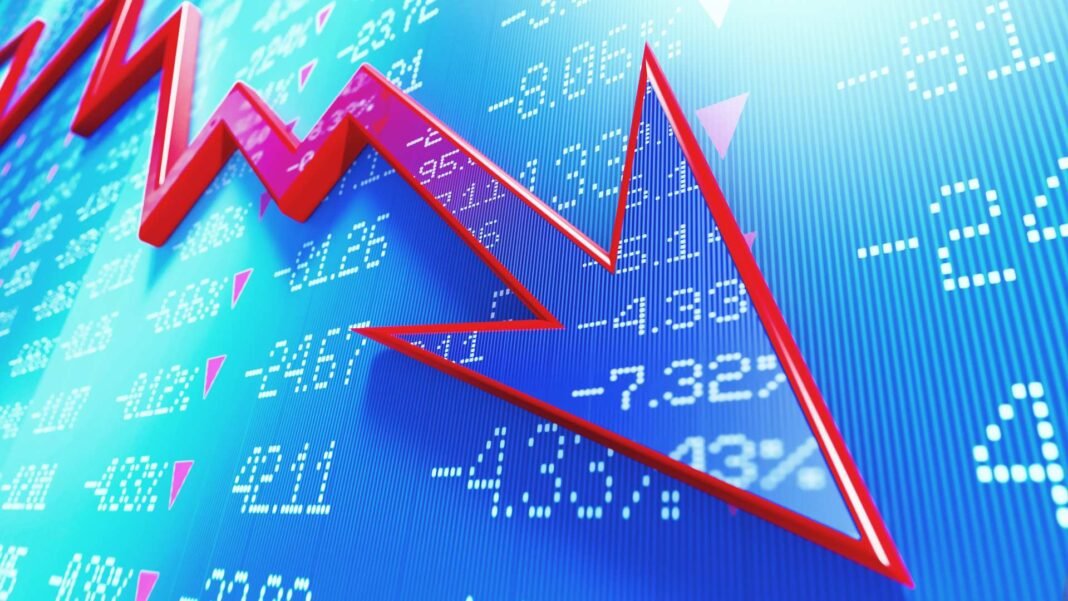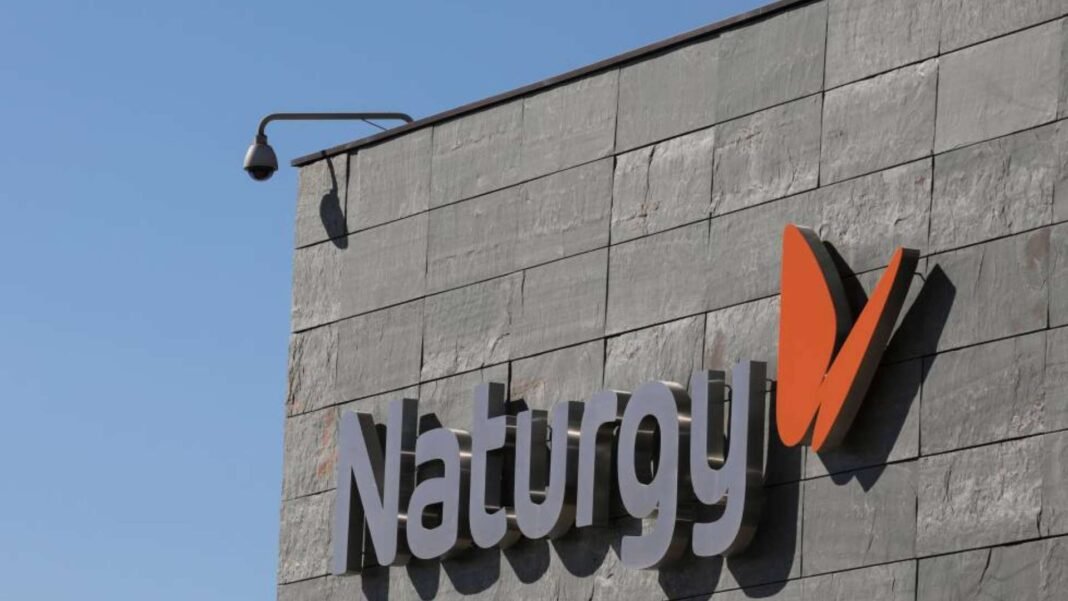The Gulf markets experienced a sudden dip as geopolitical tensions soared in the wake of Iran’s retaliatory strike on Israel, leading to a drop in Gulf markets. In recent news, investors were left grappling with uncertainty as the aftermath of the attack reverberated across the region, triggering a downturn in Gulf markets. This escalation in geopolitical tensions underscored the delicate balance between political unrest and financial stability, prompting investors to closely monitor market dynamics amidst heightened uncertainty.
Saudi Arabia’s Benchmark Index Decline
Saudi Arabia’s benchmark stock index closed down 0.3%, showing signs of recovery after a more significant initial decline. Meanwhile, the main Qatari index dropped 0.8%, reflecting the cautious mood prevailing across the Gulf region. This fluctuation underscores the delicate balance between regional conflict and investor sentiment. The attack, involving explosive drones and missiles, significantly shook investor confidence, leading to cautious market sentiment. As investors closely monitor the evolving situation, they remain mindful of the potential implications of escalating geopolitical tensions on market stability.
Resilience of the Israeli Market Amidst Regional Turmoil
In contrast, shares in Tel Aviv’s broad index rose 0.3%, showcasing resilience amidst the turmoil. Despite the attack, the Israeli market displayed strength, possibly buoyed by its robust economic fundamentals. The aggression from Iran, involving explosive drones and missiles targeting Israel, was purportedly in retaliation for a suspected Israeli attack on its consulate in Syria. The looming threat of a “much larger response” if Israel retaliates further adds to the prevailing uncertainty in the region.
Oil Prices Surge

Investors were already on edge regarding a potential response from Iran, which bolstered oil prices. This support propelled global benchmark Brent crude to $92.18 a barrel, marking its highest level since October. The energy sector, known for its sensitivity to geopolitical events, remains particularly vulnerable amidst heightened tensions. This situation underscores the delicate balance and susceptibility of global energy markets to geopolitical upheavals.
Safe-Haven Assets Gain
The repercussions of the tensions in the Gulf resonated throughout global markets, triggering significant reactions. Notably, the benchmark 10-year U.S. Treasury yield saw its most substantial daily drop in a month, indicating heightened market volatility. Simultaneously, Bitcoin experienced rapid price fluctuations, highlighting the close ties between financial markets and geopolitical events. Investors turned to safe-haven assets for stability and security against the backdrop of weekend developments and impending market closures. This shift in investment behavior underscores the interconnectedness of financial markets and the impact of geopolitical tensions on investor sentiment.
Gold Hits Record Highs
Gold’s status as a haven is rooted in its intrinsic value and its historical track record of resilience during times of crisis. Investors gravitate towards gold when faced with uncertainty, as it serves as a means to safeguard capital and manage risk. With gold surging above $2,400 an ounce and maintaining its momentum of reaching record highs, the precious metal solidifies its position as a preferred hedge against uncertainty in the market.
Bitcoin’s Volatility
Gold, a traditional safe-haven asset, surged to record highs amidst the prevailing uncertainty in the market. In parallel, Bitcoin witnessed notable price fluctuations, experiencing an 8% drop within a mere 20 minutes before showing signs of recovery. These fluctuations underscore investors’ inclination towards safe-haven assets during times of crisis. Bitcoin, known for its 24/7 trading availability, exhibited extreme volatility during this period. Initially plummeting 8% to below $62,000 upon news of the attack, it has since rebounded, trading around $64,500.
Investor Concerns on drop in Gulf Market
Investors are meticulously monitoring regional developments and proactively adjusting their portfolios as needed. With the weekend market closure, investors adopted a cautious approach, wary of potential unforeseen developments. This scenario serves as a poignant reminder of the crucial role of effective risk management and staying well-informed when navigating the complexities of a volatile geopolitical landscape.
In the face of uncertainty, investors have the opportunity to leverage various asset classes. Diversification, resilience, and adaptability emerge as pivotal principles for navigating turbulent market conditions and strategically positioning portfolios for sustained long-term growth.
Navigating Market Uncertainty Amid Geopolitical Tensions

Although market downturns are unavoidable, investors are hopeful for a rebound once tensions ease. Nevertheless, the long-term trajectory of global markets remains uncertain, highlighting the importance of maintaining diversified portfolios and employing prudent investment strategies. The ongoing tensions in the Middle East serve as a stark reminder of the intricate geopolitical dynamics influencing global markets. The heightened volatility underscores the necessity for a nuanced comprehension of geopolitical risks and their impacts on investment decisions.
The Gulf markets’ reaction to Iran’s attack underscores the delicate balance between geopolitical tensions and investor confidence. As events unfold, investors must navigate uncertainty and monitor developments closely.






